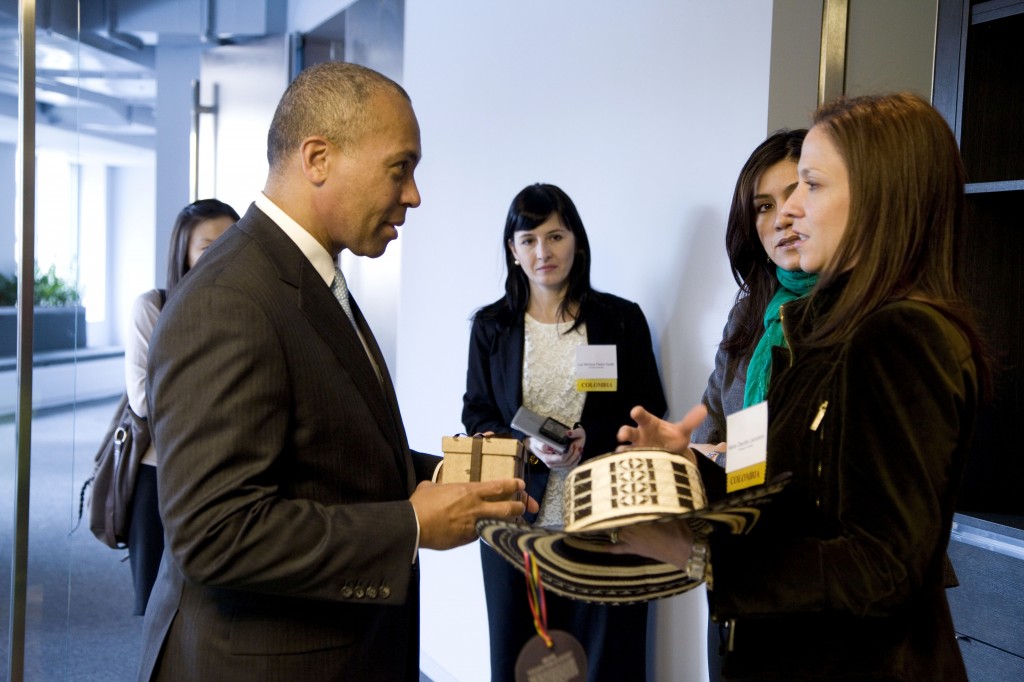During stressful times, you get to see sides of people that you normally don’t see. It’s understandable, really. Highly stressful situations bring out a person’s base instincts and beliefs. If you can hold part of yourself in reserve, you can also learn about yourself and how the process of making difficult decisions expresses itself through yourself. Over the last 15 months, I’ve see these patterns enough times to suggest that if you’re ever in a situation where you are charged with leading a downsizing effort, you’ll likely learn these things about yourself and others.
Bill share these 5 things on Faith Radio Mornings,
Downsizing an Organization, Part 2
1. You’ll learn what is really in their heart and yours.
Money and justice will be core themes. You’ll find that those who have a genuine walk with God will not worry so much about money. They know that God will meet their needs. Others don’t have this knowledge or assurance. It’s sad, really, to watch this play out. For myself, there are so many things that are more important than money. Don’t get me wrong – paying people in full what they are owed is foundational to Godly stewardship. But in the end, it’s just money. It’s ability to purchase goods and services, true. But it’s just money. God owns the cattle on a thousand hills. He knows when the sparrow falls. And he knows what we need and He has promised to meet our needs. It is in Him that we live and move and have our being. It’s just money.
2. You’ll see their personal dysfunction, if any, in the ways they communicate and act during the downsizing.
Some are able to see downsizing decisions within the larger context of what’s happening to the organization. Most cannot. For those in the former group, they will see the downsizing effort as separate and distinct from their person and work. Those in the latter group will not have the same distinctions in their view of what is going on and will often blame you for their lack of performance, for the markets changing, for <insert object of blame here>.
3. Because of the threat of legal action, you’ll find that you’re cut off from engaging in full communication with your staff.
What you say today can have *legal* implications months or years later. You’ll learn if you can work in a position that requires constant self-editing. Not everyone can.
4. You’ll learn where your priorities are and what your emotional needs are.
Here, I’m referring to the tension between a legitimate need to be liked and the need to place the organization’s needs ahead of any one individual’s needs. Can you handle being misunderstood by people whom you genuinely like and admire? Can you handle the gossip and back-biting that is sure to follow?
5. You’ll learn who departs well and who doesn’t.
You’ll find the summation of these experiences will influence your thinking and decision-making in future hires.
To lead is to decide and sometimes, to decide is, sometimes, to alienate. Business ownership is not for everyone. I personally enjoy it – even during the tough times. I’ve been an owner in both extremes – when times were so good that we didn’t know what to do with the cash we had and when times were so bad that we wondered where the next dollar was coming from. I can’t think of anything else I’d rather do than what I’m doing today. But leadership requires more out of people than what many can deliver. Good leadership is more about who you are than what you do. And as you learn about yourself – especially during a downturn, you’ll find that, moving forward, you’re more and more selective about who you bring into your organization. If you’re careful and selective in who is brought into the organization, then you’re in better position to manage a downturn well – should a downturn ever occur.
Photo: freeimages






















